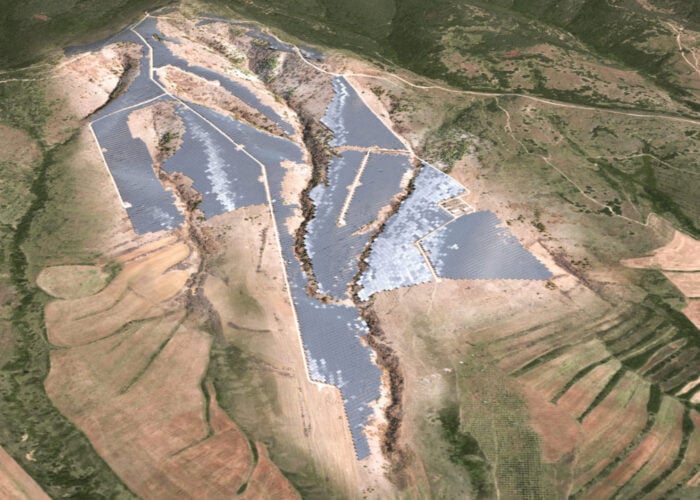The Asia Pacific (APAC) region is forecast to grow to 13.5GW in 2013, representing a 50% year-on-year growth rate, according to the latest NPD Solarbuzz Q1’13 Asia Pacific Major PV Markets Quarterly report.
However, a number of issues beset the region, not least trade wars that are potentially leading to import duties or restrictions as well as potential policy changes supporting PV installations.
Unlock unlimited access for 12 whole months of distinctive global analysis
Photovoltaics International is now included.
- Regular insight and analysis of the industry’s biggest developments
- In-depth interviews with the industry’s leading figures
- Unlimited digital access to the PV Tech Power journal catalogue
- Unlimited digital access to the Photovoltaics International journal catalogue
- Access to more than 1,000 technical papers
- Discounts on Solar Media’s portfolio of events, in-person and virtual
The potential issues are magnified when considering that 90% of APAC regional demand is concentrated in only four key countries, China, India, Japan and Australia.
No plain sailing
NPD Solarbuzz noted that in Australia the Solar Credit Multiplier had been stopped, along with reductions in the Victoria and Queensland region’s incentive programs. This is expected to have a negative impact on PV installation growth throughout the year.
The market research firm also noted the expected feed-in tariff reduction due in Japan in April, after the inventive scheme was set last year at a highly attractive rate. NPD Solarbuzz expects that demand in Japan will therefore follow other countries that planned cut’s to lead to a rush to beat changes, followed buy near-term muted demand.
The Chinese government is also expected to re-adjust its ‘12th Five-Year Solar Development Plan.’ NPD Solarbuzz expects 75% of the projected 7GW of demand in 2013 to occur in the second-half of the year. There could also be a rush to complete the many ground mounted projects early to counter the risk of demand swings experienced in the past.
In India, Phase II of the National Solar Mission program is still pending, yet demand could still increase from 3.7GW to 9GW. However, there could also be a major shift away from utility-scale projects to greater focus on the off-grid and rooftop sectors, under review.
Over-hanging the Indian market is of course the row over domestic content restrictions on imported modules that have now gone to the WTO, with no certain outcome.
Further APAC regional disparity
To add to the complexities of the APAC region, NPD Solarbuzz highlighted the diverse market-entry conditions in the key countries.
“Having a single go-to-market strategy to meet growing PV demand across the entire APAC region is no longer viable,” said Chris Sunsong, analyst at NPD Solarbuzz.
“Leading APAC countries are now evolving into micro-climates that create customized supply channels. Suppliers are being forced to pick and choose the countries and application segments that overlap with their product portfolios and corporate strategies. Quarterly cycles also continue to define PV demand, reflecting the effects of policy deadlines and weather-related seasonality.”
The market research firm used the example of Japan, which has seen a high-preference in the residential market to select high-performance modules and or high-quality, branded modules due in part to limited roof space to maximize ROI.
In the Australian market, once dogged by tier 2 and 3 module supply; bad press and a greater public awareness has seen the market shift to the quality-end of the product spectrum.
“There are various factors driving overall PV demand across the APAC region, but each country is still subject to a number of risk factors,” added Sunsong. “For example, the Chinese and Indian markets are constrained by bank financing and grid accessibility, and Australia remains vulnerable to future policy shocks.”
Despite the woes, both genuine and perceived the APAC region has become strategically important for a large number of downstream players as the previously dominant European market begins to wane.







